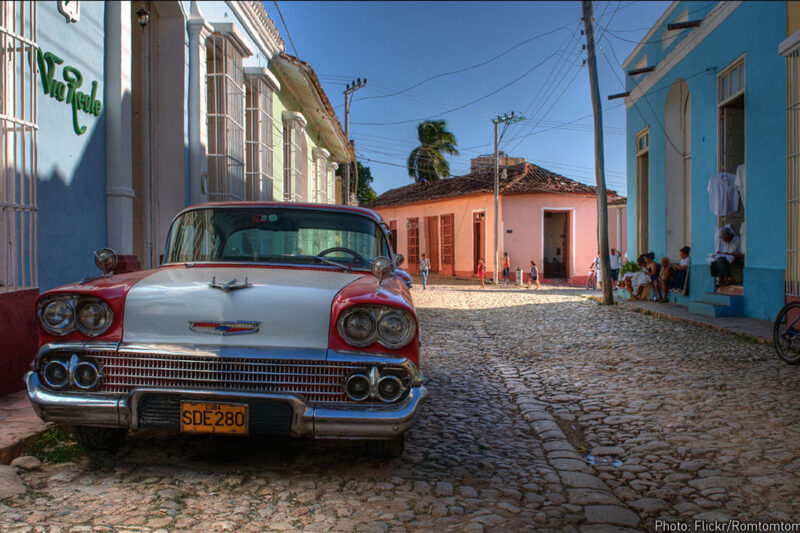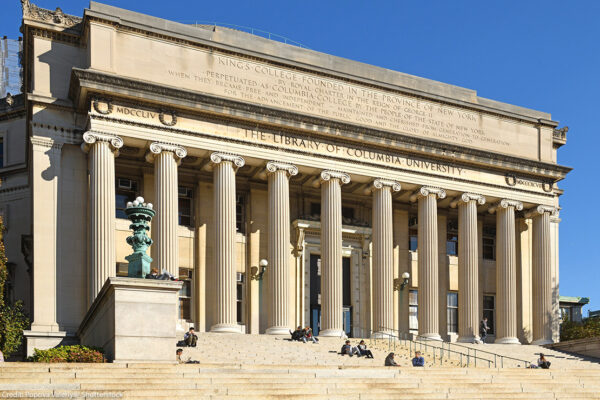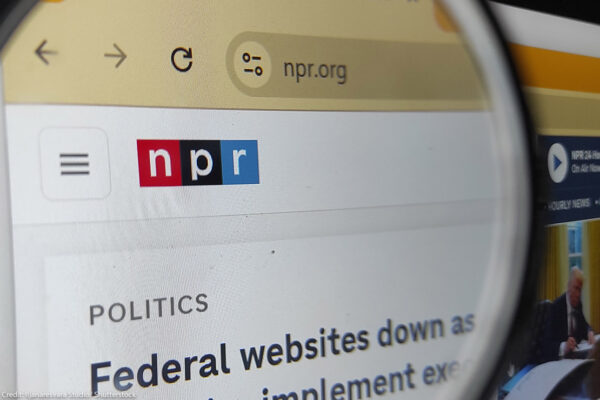
If Cuba seems the island time forgot, it’s not just because of the classic 1950s cars on the roads or the Cold War atmosphere that continues to hover over U.S.-Cuba relations, including the still-strangulating U.S. embargo.
It’s also because Cubans—the vast majority of them—have no internet. No smartphones, Google, Facebook, YouTube, or Skype. No regular email. No chatrooms. No access to media, library, or university websites. No Twitter, Linkedin, or tripadvisor.
Visiting Cuba recently with CODEPINK, I was part of a group who spoke to the former head of the National Assembly, Ricardo Alarcon. Alarcon attributes Cuba’s lack of internet to the continuing U.S. embargo, and surely there’s some truth to that. The Helms-Burton Act, committing U.S. policy and dollars to regime change, strictly blocks Cuba’s access to U.S. technology.
But there’s more going on here than a Dr. Strangelove-era stand-off. Even patriotic Cubans assume that Cuba’s lack of internet access dovetails perfectly with government policies restricting information. And whatever the reasons that Cuba is offline, getting the country connected is not a government priority. As Cuban filmmaker Yaima Pardo told me, there’s an “internal blockade”—a lack of political will that’s just as bad as the embargo.
Pardo, who has a day job with Cuban TV, is also part of Cuba’s small, struggling set of independent filmmakers. And she’s directed Offline, a thoughtful and yearning film about the plight of her isolated island.
Her film will never get mainstream distribution on Cuban TV or in theaters—I saw it in a Cuban living room. But Offline is carefully tailored yet powerful dissent from a loyal insider still resident, a poignant missive to Cuban officialdom. Pardo is trying to push the powers-that-be to care about connectivity, advocating the way adult children might lobby stubborn parents in a loving family with a huge generation gap.
She frames internet access as a necessary extension of the Cuban revolution. For example, in Cuba, education is officially prized, and an all-out, island-wide 1961 campaign transformed the country into the most literate society in Latin America. But today only university students can be assured of internet access: “Once you graduate…when you need to make use of everything you learned, they’ll build a wall around you or slam a door in your face,” an unidentified interviewee declares during Offline’s opening credits.
For Pardo’s earnest and passionate talking heads—Cuban artists, editors, and scholars—the internet means freedom. They view it as the portal to decentralized decision-making and democracy, freedom of expression, consumer choice, and the chance at reaching one’s capacity as a human being. For them, it’s the necessary bridge from Cuba’s old guard to the future.
As one, magazine editor Alen Garcia Aguero, tersely asserts: “A nation that turns its back on technology turns its back on the world.”
I found the film both fascinating and hard to process. Are Pardo’s respondents naïve or am I just jaded, with my too-acute awareness of the dark side of the internet—the cyber-bullying, the hacking, the platform monopolies, the pervasive corporate and government surveillance? Is the internet a leg-up for the most vulnerable—an equalizer—or just another way for those with power to consolidate it?
Obviously, it can be both, and how the internet will evolve is a question that’s still being fought out, in the United States and elsewhere. Meanwhile Pardo’s film is a fabulous reminder of the privileges so many of us take for granted.
Including the privilege of watching her film. In Cuba, it’s shared thumb drive by thumb drive. But we who are privileged with internet access can .


